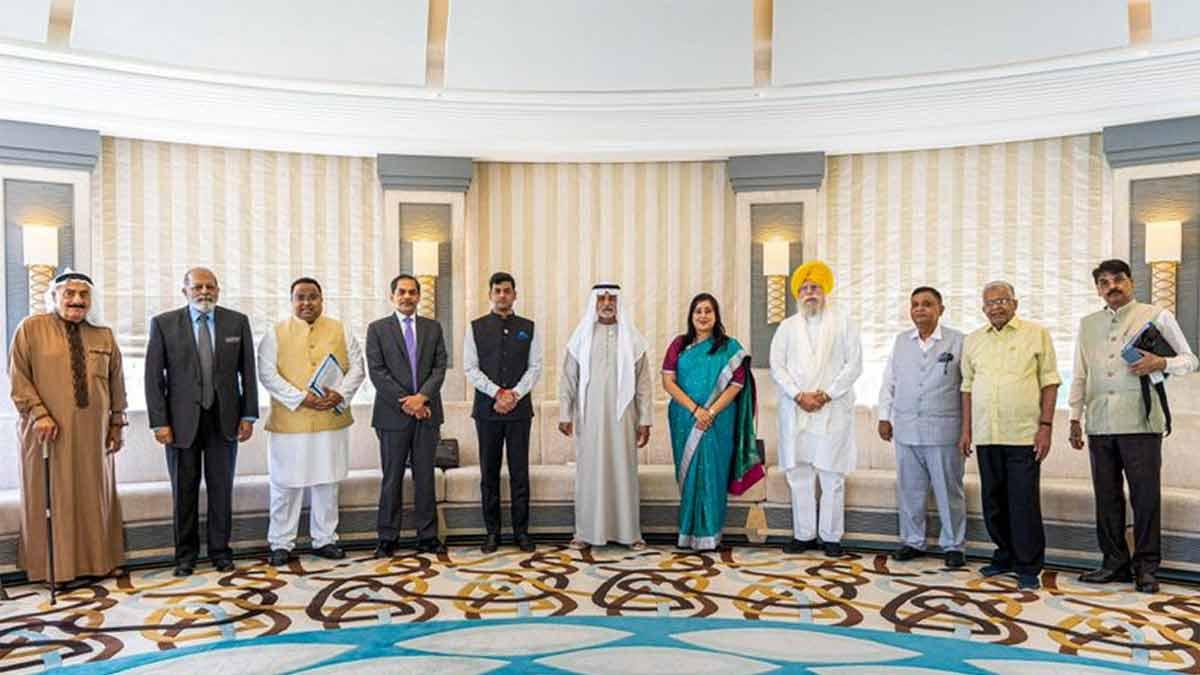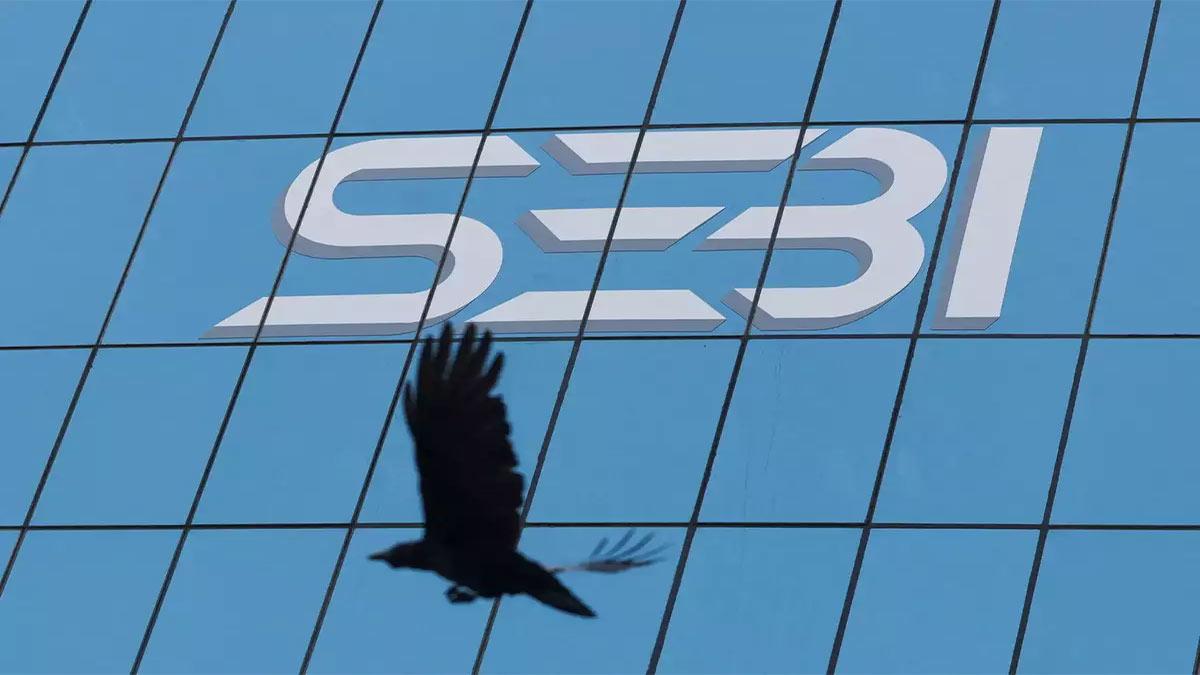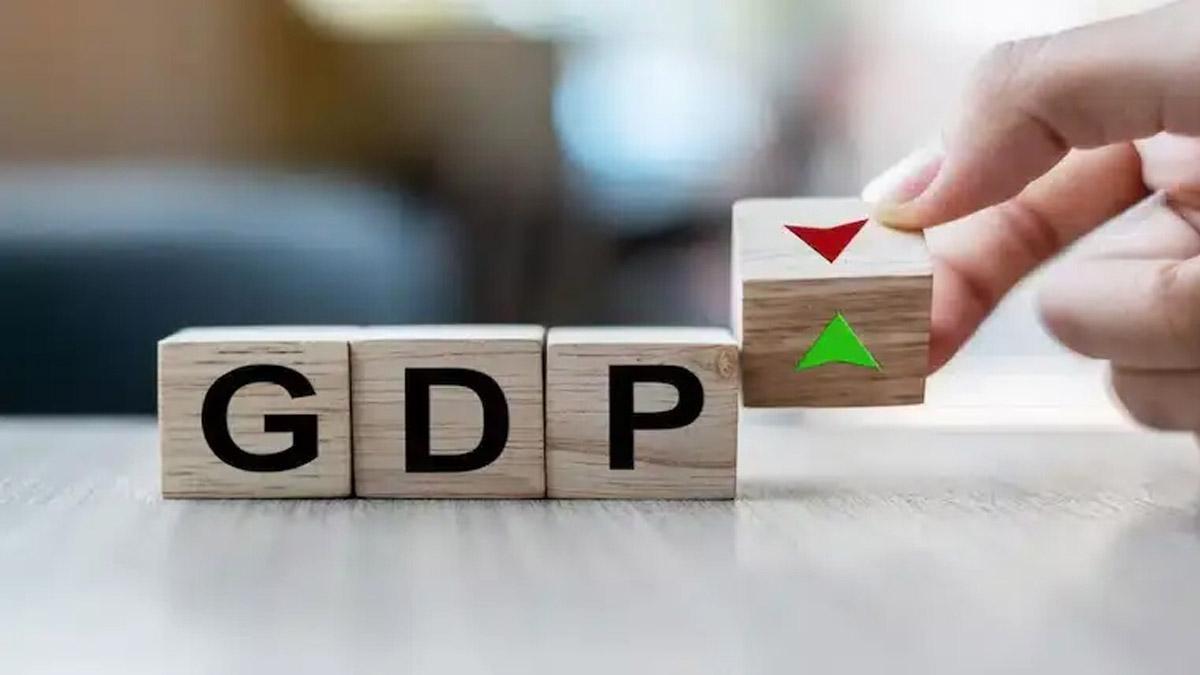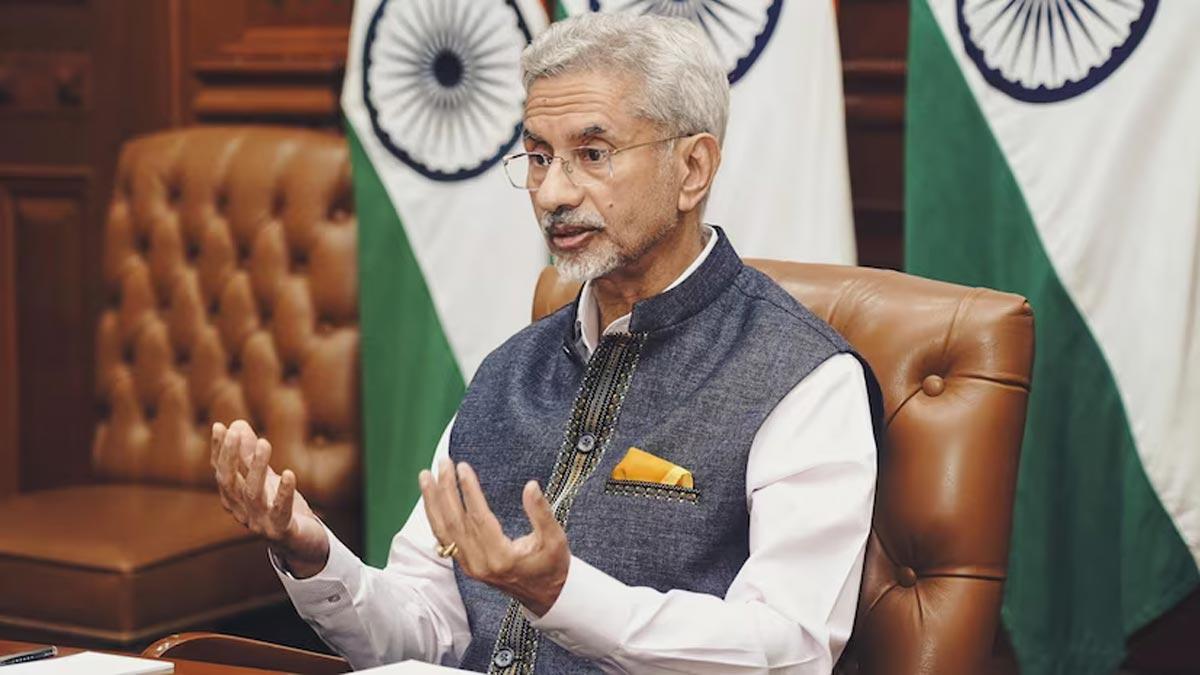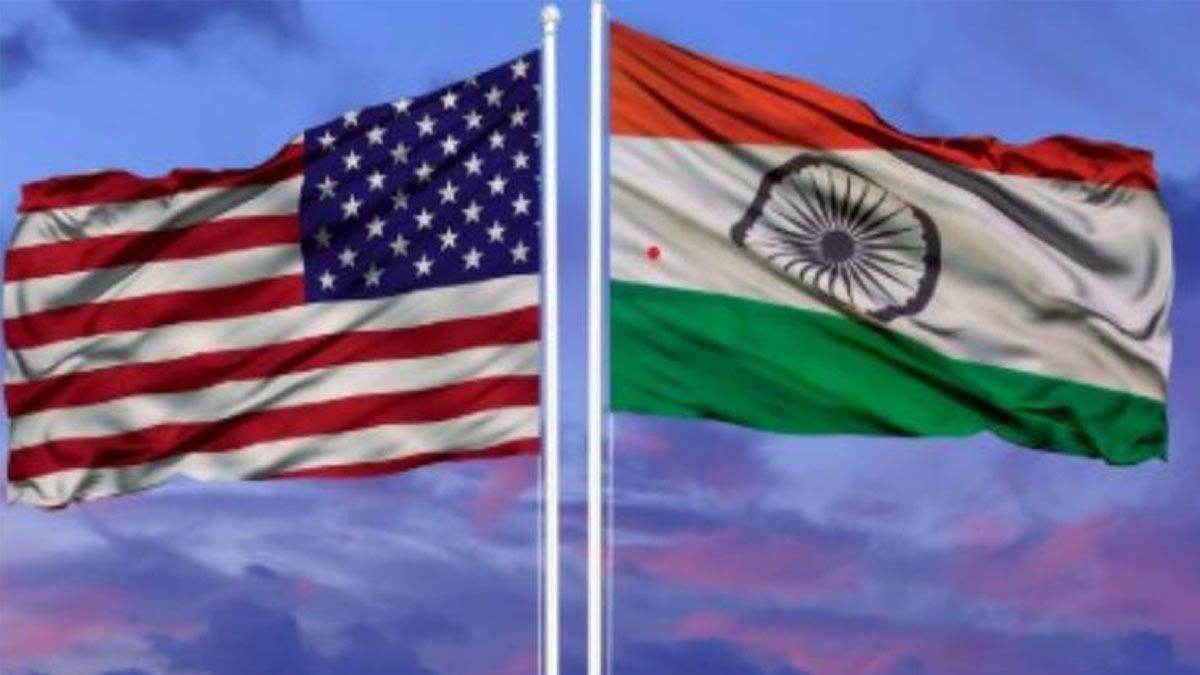The GCC nations have made a sharp shift in their response to terrorism since the 2008 Mumbai attacks, prompted by the increasing realization that terrorism is a common enemy to be confronted collectively, India's Ambassador to the UAE Sunjay Sudhir said.
Ambassador Sudhir appreciated the recent visit of the all-party delegation headed by Shrikant Shinde, which he termed as very successful in communicating India's stand on the issue.
He said to PTI, "The message, our perceptions, our ideas, were received well, extremely well responded to. And once again, it was an unambiguous response, an unambiguous re-emphasis of the fact that in the UAE, we have a sincere strategic partner, a friend, with whom we can count."
Sudhir highlighted a striking difference in the response of GCC members—Bahrain, Kuwait, Oman, Qatar, Saudi Arabia, and the UAE—after the Pahalgam terror attack and their response after the Mumbai attack.
"In 2008, after the Mumbai terror attack, the situation was very different. The response of GCC countries was very different. This time, it was very different.". Our leadership was quite actively involved with the UAE, Saudi Arabia, Kuwait and Qatar. It's the same GCC, only some things have been changed due to widespread realisation that terrorism is something which is a common enemy for mankind, for humanity, and we must work together to counter it," he said.
The ambassador also added that the UAE was probably the first country to make a strong and clear condemnation of the attack as a terrorist act and demand the elimination of all forms of terrorism.
On the two-day tour, the delegation, which was headed by Shrikant Shinde, had constructive discussions with top UAE officials such as Sheikh Nahyan bin Mubarak Al Nahyan, Minister for Tolerance and Coexistence, and Ali Rashid Al Nuaimi, chairman of the Federal National Council Committee on Foreign Affairs, Defence, and Interior.
“The way the delegation was received and the reciprocation of our perspective reflects the strength of our partnership,” Sudhir remarked, emphasizing that the UAE’s stance reaffirmed its dedication to fighting terrorism as a universal threat.
Reflecting on Prime Minister Narendra Modi’s stern warning to Pakistan regarding the consequences of backing terrorism, the ambassador stressed that India has made it clear there is a threshold to its patience.
"PM Modi has shown that there is a limit to patience. We are from the country of Mahatma Gandhi and Gautam Buddha, but no one can take us for granted," Sudhir asserted, referring to Operation Sindoor as proof of India's pro-active steps.
On the larger India-UAE relationship, Sudhir pointed to the spectacular progress in bilateral relations, particularly trade, which crossed USD 100 billion in the fiscal year 2024-25—well ahead of targets.
He also spoke of the India-Middle East-Europe Economic Corridor (IMEC) as a flagship initiative, with India and the UAE leading the charge on connectivity enhancement, ease of procedures, and facilitating the flow of goods, information, and clean energy.
"We are piloting a proof of concept of IMEC that could become a reality in a month's time," said the ambassador.
Sudhir further discussed fintech advancements, explaining that the UAE's credit card and debit card network is modeled on India's RuPay system, and that local currency trade settlement has enhanced confidence in the Indian rupee as well as the UAE dirham.
Read also| IMF Defends Pakistan Bailout Package Following India’s Objections
Read also| Fitch Raises India’s 5-Year Growth Outlook to 6.4%

